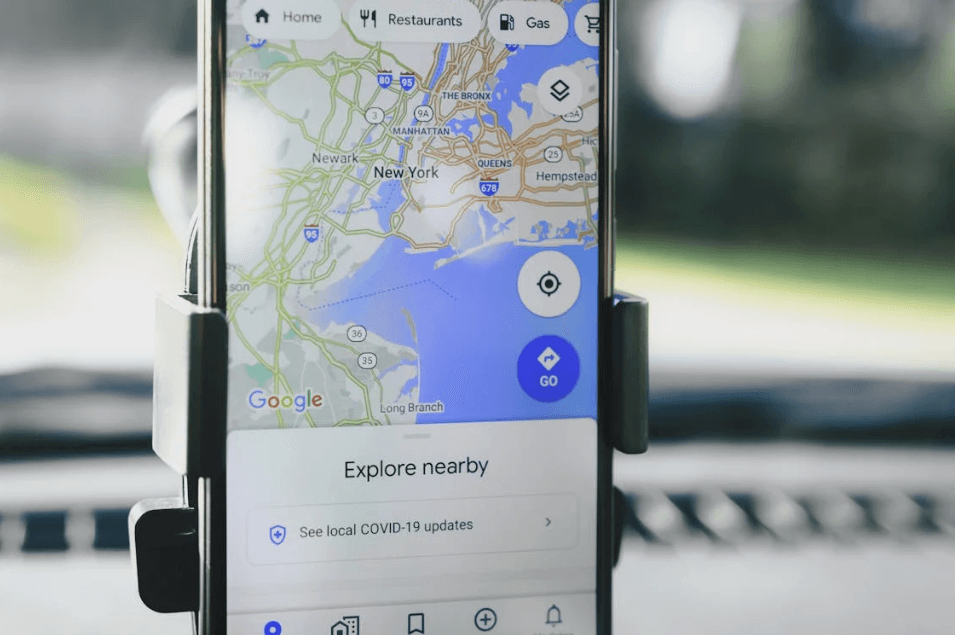
How to Create a Referral Marketing Program That Works
Referral marketing is a powerful way for people to trust businesses and help them succeed. People buy from people they know, like, and trust. When existing clients recommend you to others, there’s an added reach that comes from that. But what makes for an effective referral marketing strategy? Let’s break it down.








